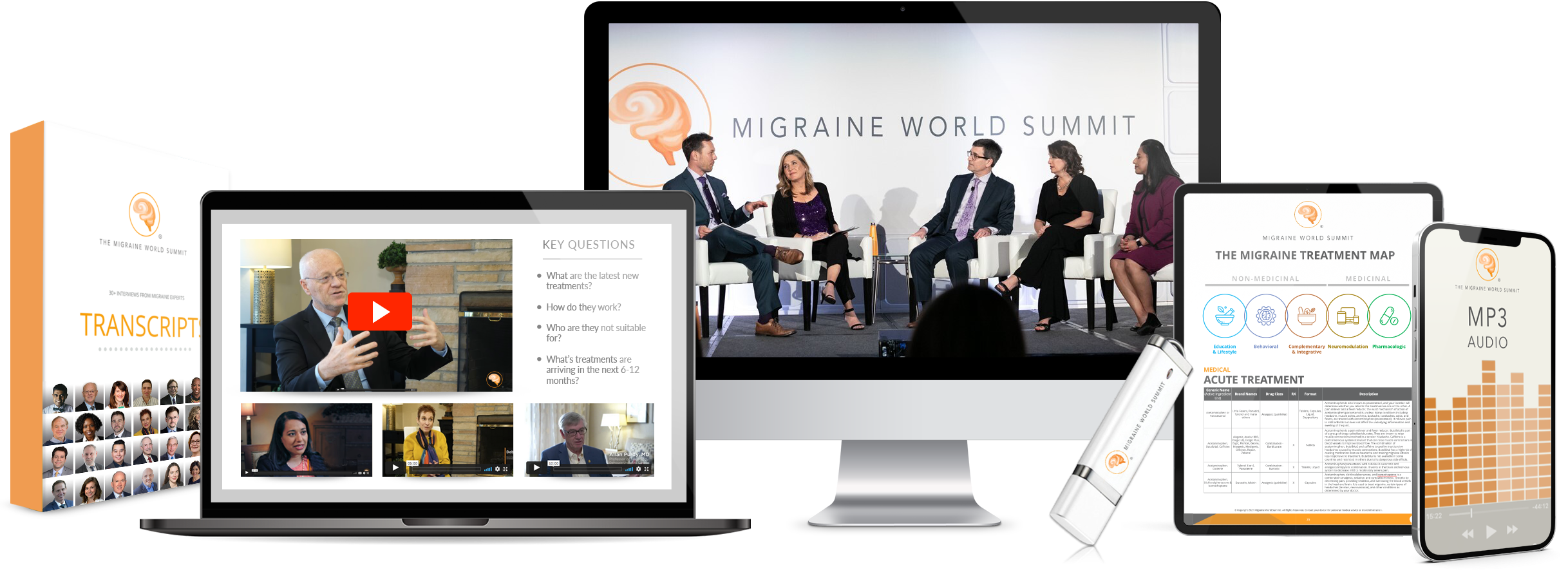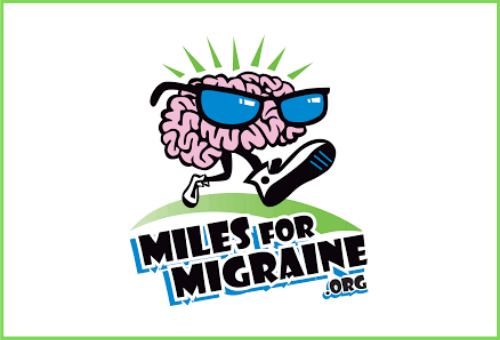Is Migraine a Brain Energy Problem?
You are currently watching a preview of this interview. Unlock the full version by upgrading to an Access Pass bundle! Get FREE access to 8 expert interviews from Day 1 and Day 2 when you register today!
Key Questions
- What is the definition of metabolism, and how might it relate to migraine?
- What is a metabolic disorder?
- What are mitochondria, and what role might they play in the potential metabolic origins of migraine?
- What research or evidence supports the hypothesis that migraine could be considered a metabolic disorder?
- How have some of the leading medical societies reacted to this theory?
- What is oxidative stress?
- What are signs of an insufficient supply of energy to the brain?
- Hypoglycemia occurs when the blood sugar/glucose levels fall too low. Is hypoglycemia more common in people with migraine?
- How do migraine triggers, such as certain foods or fasting, relate to metabolic processes?
- Are there any metabolic markers or tests that can predict or correlate with migraine occurrence or severity?
- Are there any known genetic links between metabolic disorders and migraine?
- Are there any specific populations or demographics that show a stronger correlation between metabolic disturbances and migraine?
- What is the ketogenic diet, and what is ketosis?
- Are there ways of getting the benefits of a ketogenic diet without all the restrictions?
- What are the four steps to improve mitochondrial function and energy metabolism in migraine?
- Are there any specific dietary recommendations or interventions that might help regulate metabolic imbalances and reduce migraine occurrences?
- Beyond diet, are there any lifestyle changes that might help address the metabolic aspects of migraine?
- Are there any potential risks or drawbacks in approaching migraine from a metabolic perspective?
Interview Notes
- Elena Gross, PhD
- Brain Ritual
- International Headache Congress
- Study: “Defining metabolic migraine with a distinct subgroup of patients with suboptimal inflammatory and metabolic markers”
- Study: “The metabolic face of migraine — from pathophysiology to treatment”
- Study: “Mitochondrial function and oxidative stress markers in higher-frequency episodic migraine”
- Study: “Potential protective mechanisms of ketone bodies in migraine prevention”
- Instagram: drelenagross
- Facebook: Dr. Elena Gross
- YouTube: Dr. Elena Gross, PhD
Treatments Mentioned
- Air purifier
- Coenzyme Q10 (CoQ10)
- Decrease blue light exposure
- Diet
- Exogenous ketones
- Ketogenic diet
- Multivitamin with antioxidants
- Omega-3 fatty acids
- Psychotherapy
- Sleep
- Stress reduction
- Toxin-free water
Please note: The Migraine World Summit’s aim is to bring you a variety of perspectives and expertise, independent of bias or judgment. Alternative theories presented in this video have not been medically reviewed. Views expressed in this interview do not necessarily represent the views of the Migraine World Summit. Please always consult your health care professional and do your own research before making changes to your treatment plan.

Elena Gross, PhD
Neuroscientist
Brain Ritual
Dr. Elena Gross is a neuroscientist with a PhD in clinical research who has firsthand experience living with chronic migraine. The lack of tolerable and efficacious treatment options for migraine led her to pursue a MSc in neuroscience at the University of Oxford and a PhD in clinical research at the University of Basel, with the goal of having better understanding of this common and debilitating disease and ultimately improving clinical care.
Dr. Gross is passionate about the therapeutic benefits of ketosis and other nutritional interventions, the role of mitochondrial functioning and energy metabolism in brain health and neurological diseases (particularly migraine), as well as increasing our health span via disease prevention. She holds four patents, and is the founder and CEO of Brain Ritual. Her migraine research papers have been published in high-ranking journals such as Nature Reviews Neurology and Scientific Reports.

Get all the 2025 interviews, videos, audio, transcripts, and more. Why upgrade?
- Can’t attend live? Watch anytime
- Prefer reading or listening? Get transcripts and audio
- Want to dive deeper? Explore the additional footage & resources
- Need ongoing support? Reference expert advice year-round
- Lifetime access to 2025, no annual fee
Related Talks for: Day 3 (2024)
Supplements & Foods That Ease Migraine
Robert Bonakdar, MD
Balancing Risks & Benefits of Migraine Treatments
Amaal J. Starling, MD, FAHS, FAAN
Migraine FOMO: Are You Missing Out?
Katie MacDonald
Miles for Migraine is a registered 501(c)(3) nonprofit organization with the mission of improving the lives of people with migraine and other headache disorders, and their families, by raising public awareness about this disease, and helping to find a cure. Miles for Migraine produces fun walk/run events, typically a 2-mile walk and 5K and 10K races to raise money for migraine research. We also host adult education days, and a youth program for kids and teens impacted by migraine and other headache disorders.
Lilly unites caring with discovery to create medicines that make life better for people around the world. We’ve been pioneering life-changing discoveries for nearly 150 years, and today our medicines help more than 51 million people across the globe. To learn more, visit Lilly.com and Lilly.com/newsroom or follow us on Facebook, Instagram, and LinkedIn.

You're not alone. All of us know someone who could benefit from these expert insights. Invite a friend, family member, caregiver, co-worker or health care provider to watch this year. Give the gift of health with an All Access Pass. Sharing is caring!







